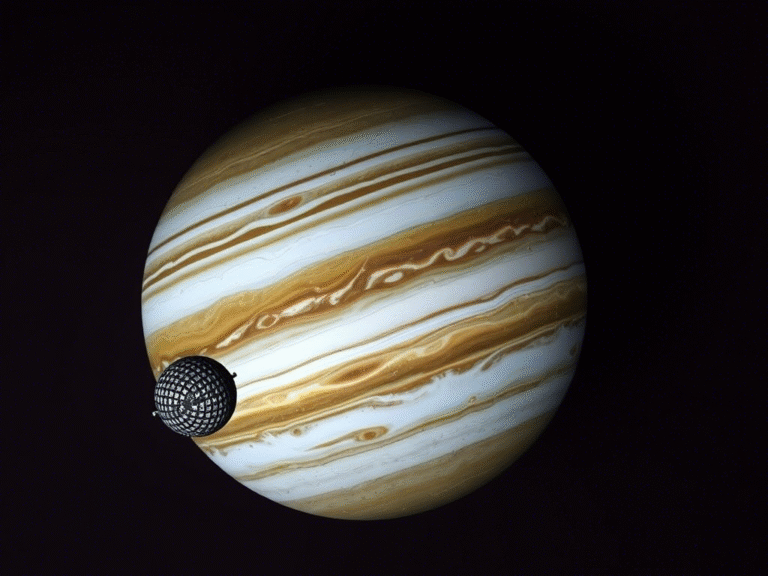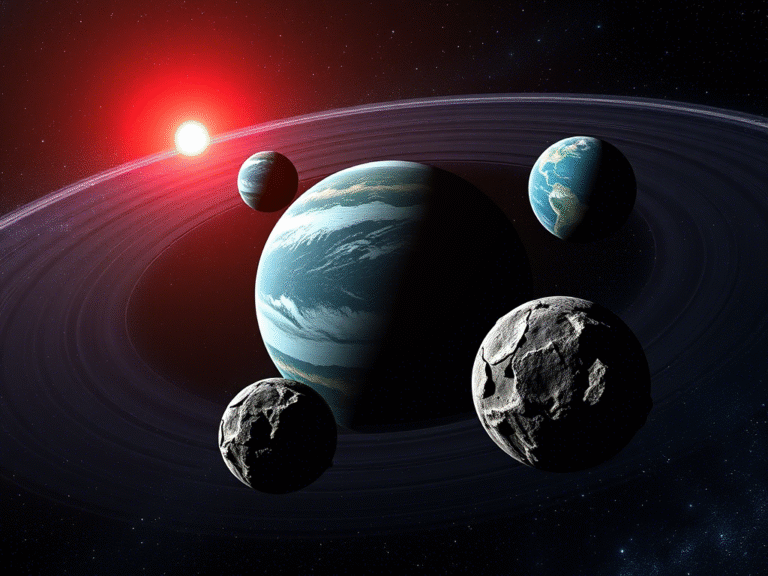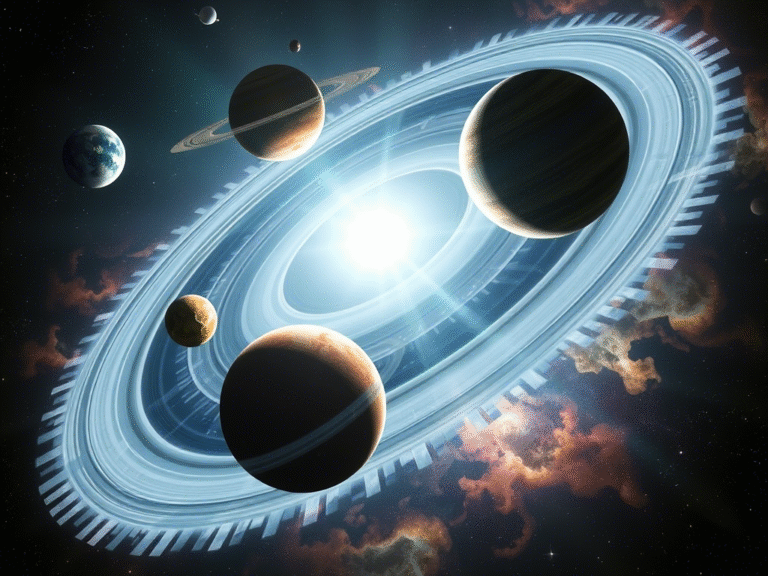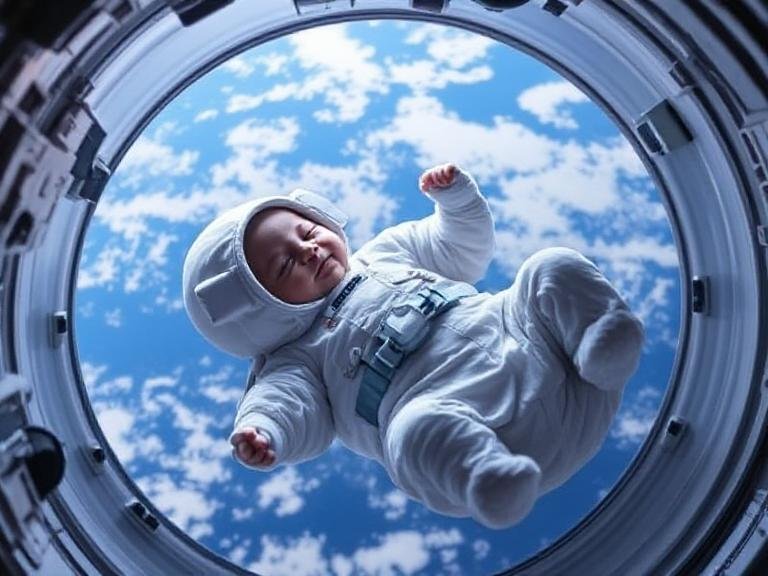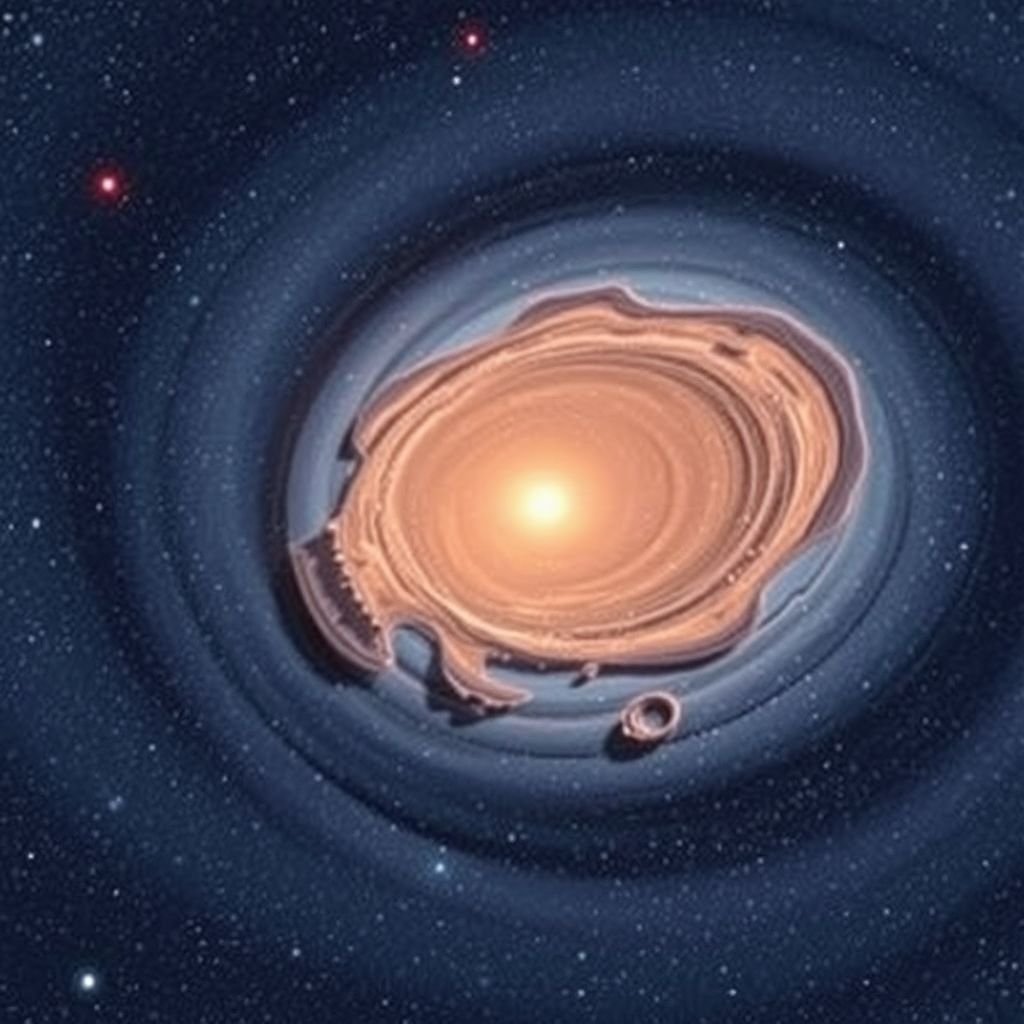
Here’s what science says about it
What we think of as “sound” is actually just vibration passing through some material.
If space were truly a complete vacuum, then the slogan “In space, no one can hear you scream” would be true. But it’s more complicated than that.
/imgs/2025/04/27/19/6799847/299ca5b375882fa34a0b88404cc7a53f6eccdd33.webp)
Interplanetary space is much rarefied than we think. Each cubic centimeter contains only a few dozen particles (that is, any matter, be it an atom, a molecule, a subatomic particle). The interstellar medium is only 100 particles per cubic meter, the intergalactic medium is one particle per cubic meter.

